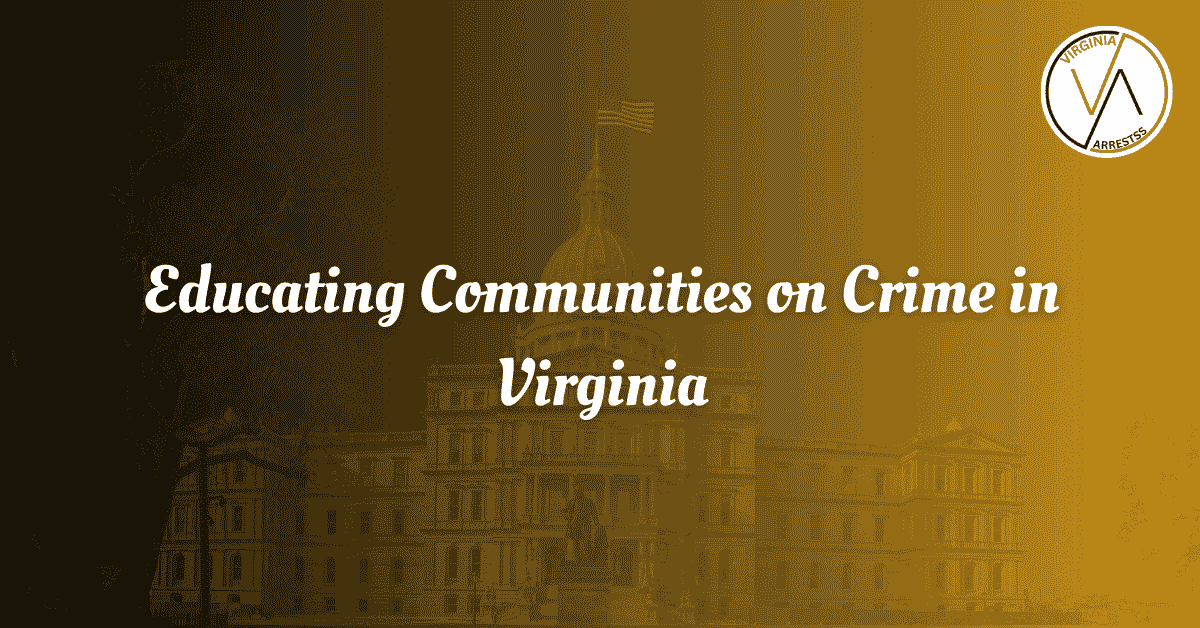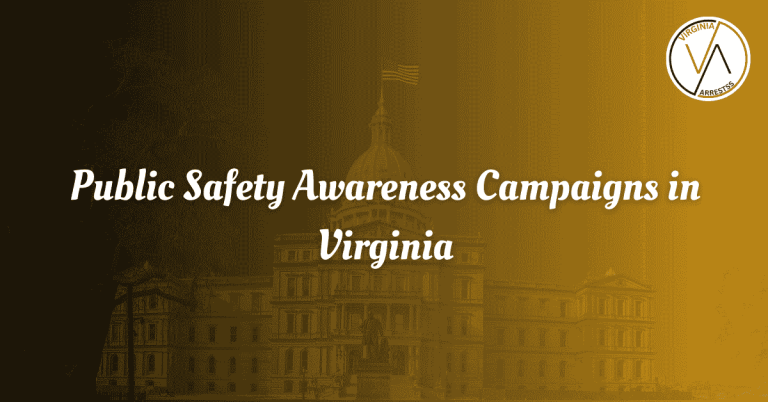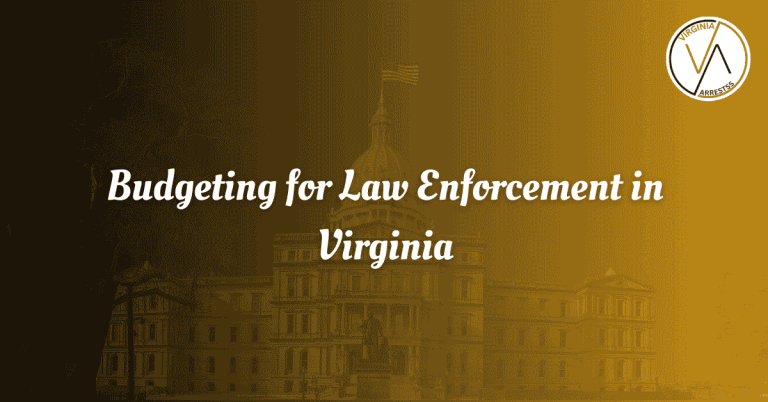Educating Communities on Crime in Virginia
Crime in Virginia is a topic that impacts communities in various ways. By shedding light on the different aspects of crime, we aim to educate individuals on the importance of staying informed and vigilant. Understanding the trends and patterns of crime in Virginia can empower residents to take necessary precautions and work towards creating safer neighborhoods.
Through informative content and data-driven insights, we strive to equip communities with the knowledge they need to address crime effectively. By fostering a sense of awareness and collaboration, we can work together towards building a stronger and more resilient society.
Impact of Crime on Communities
Crime has far-reaching effects on communities in Virginia, ranging from economic downturns to increased fear and mistrust among residents. The social fabric of neighborhoods can be torn apart by crime, leading to decreased quality of life and opportunities for residents. It is essential to address these impacts through proactive measures that promote safety and well-being.
Crime Prevention Strategies
Preventing crime requires a multi-faceted approach that includes both community-based initiatives and law enforcement efforts. By implementing strategies such as neighborhood watch programs, educational campaigns, and environmental design changes, communities in Virginia can deter criminal activity and create a sense of security for residents.
Importance of Community Engagement
Community engagement plays a vital role in preventing crime in Virginia. When residents are actively involved in the safety and well-being of their neighborhoods, they become empowered to identify and address potential risks. By fostering a sense of unity and collaboration, communities can work together to create a safer environment for all.
Statistics and Data on Crime Rates
Understanding the trends and patterns of crime rates in Virginia is essential for developing targeted interventions. By analyzing data on crime prevalence, law enforcement agencies and community organizations can identify high-risk areas and populations that require additional support. This data-driven approach allows for more effective allocation of resources and interventions.
Types of Crimes in Virginia
Virginia experiences a wide range of criminal activities, including property crimes, violent offenses, drug-related incidents, and white-collar crimes. Each type of crime presents unique challenges and requires tailored prevention strategies to address effectively. By understanding the prevalence and impact of different crime types, communities can prioritize their efforts and resources accordingly.
Collaborative Efforts for Safer Neighborhoods
Creating safer neighborhoods in Virginia necessitates collaboration among various stakeholders, including residents, law enforcement agencies, local government officials, and community organizations. By working together towards a common goal of reducing crime and improving safety, communities can leverage their collective strengths and resources to achieve lasting positive change.
Role of Law Enforcement in Crime Prevention
Law enforcement agencies play a crucial role in crime prevention efforts in Virginia. By patrolling neighborhoods, investigating crimes, and apprehending offenders, law enforcement officers contribute to the overall safety and security of communities. Collaborating with residents and community partners, law enforcement can build trust and foster a sense of shared responsibility for crime prevention.
Community Empowerment through Education
Education is a powerful tool in empowering communities to prevent crime and promote safety in Virginia. By providing residents with knowledge and skills on crime prevention, conflict resolution, and emergency preparedness, communities can build resilience and self-reliance in the face of potential threats. Through ongoing educational initiatives, communities can equip residents with the tools they need to create a safer environment for themselves and future generations.
Frequently Asked Questions
Find answers to common queries about educating communities on crime in Virginia below.
What is the importance of educating communities on crime?
Educating communities on crime is crucial as it helps raise awareness, promote safety measures, and build trust between law enforcement and residents. By understanding crime trends and prevention strategies, individuals can actively contribute to creating a safer environment for all.
How can communities in Virginia get involved in crime prevention efforts?
Communities in Virginia can engage in crime prevention efforts by participating in neighborhood watch programs, attending local safety workshops, and collaborating with law enforcement agencies. By working together, residents can proactively address safety concerns and deter criminal activities.
How can kids learn to avoid crime?
Teaching children about crime prevention should focus on promoting safety awareness, building resilience, and fostering open communication. Utilizing age-appropriate resources, such as educational games, books, and role-playing scenarios, can help children develop essential skills to protect themselves and others from potential risks.
How can schools help prevent crime?
Schools and educational institutions play a significant role in crime prevention by implementing safety protocols, providing resources for students and staff, and fostering a positive school environment. By promoting a culture of respect, responsibility, and accountability, schools can create a supportive community that prioritizes safety and well-being.
What are key factors for community crime prevention events?
When organizing community crime prevention events, it is essential to consider factors such as location, timing, audience engagement, and collaboration with local authorities. By planning interactive workshops, seminars, and awareness campaigns, organizers can effectively educate and empower community members to take proactive measures against crime.







